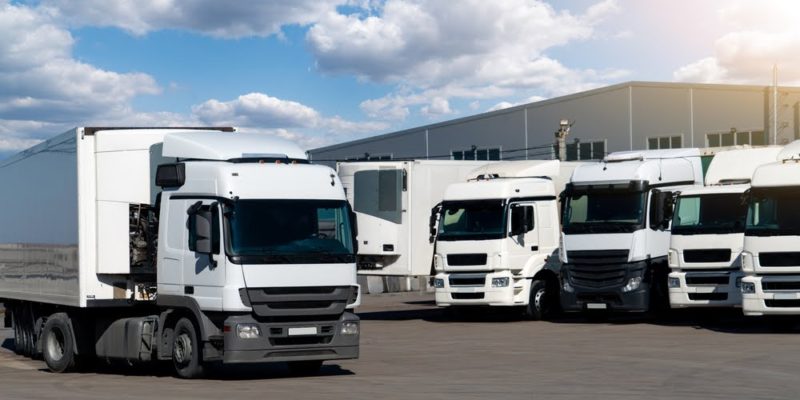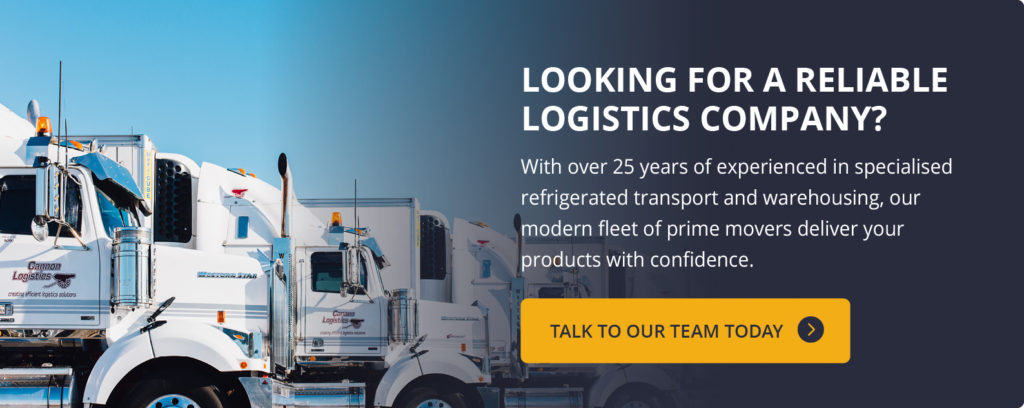5 Tips for Maximising Transport Efficiency in 2024
Efficiency is the backbone of the logistics and transport industry. Whether you’re managing a fleet of trucks, a shipping company, or a supply chain operation, optimising transport efficiency can significantly impact your bottom line.
In this blog, we’ll explore five key tips for maximising transport efficiency in logistics. These strategies will help you streamline your operations, reduce costs, and enhance overall productivity.
Embrace Technology Solutions
In today’s digital age, technology plays a pivotal role in enhancing transport efficiency. Implementing the right software and tools can help streamline your logistics and transportation operations. Here are a few technology solutions that can make a difference:
- Transportation Management Systems (TMS): TMS software allows you to plan, optimise, and execute transportation activities. It can help you minimise transportation costs, reduce empty kilometres, and improve route planning.
- GPS and Telematics: Real-time tracking and monitoring using GPS and telematics devices provide valuable insights into vehicle performance, driver behaviour, and route optimisation. This data can help you make informed decisions and improve efficiency.
- Warehouse Management Systems (WMS): Integrating WMS with your transport operations helps in better inventory management, reducing delays in loading and unloading, and improving overall efficiency.
Prioritise Route Optimisation
Efficient route planning is essential to reduce transportation costs, save time, and minimise the environmental impact. Use route optimisation software or work with transportation experts to:
- Optimise routes to reduce fuel consumption and minimise the number of kilometres travelled.
- Schedule deliveries during off-peak hours to avoid traffic congestion and reduce transit times.
- Consider alternative routes to avoid road closures, traffic accidents, or construction zones.
Implement Sustainable Practices
Sustainability is not only a moral imperative but also a way to increase efficiency. By adopting eco-friendly transport practices, you can reduce operational costs and enhance your brand image. Consider the following steps:
- Invest in fuel-efficient vehicles and maintain them properly to improve mileage and reduce emissions.
- Explore alternative fuel sources such as electric or natural gas vehicles to reduce the carbon footprint.
- Consolidate shipments and use load optimisation to reduce the number of vehicles on the road.
Streamline Inventory Management
Efficient transport is closely tied to how well you manage your inventory. Maintaining optimal stock levels and reducing excess inventory can lead to improved transport efficiency. To achieve this:
- Adopt Just-In-Time (JIT) inventory management to minimise storage costs and ensure timely deliveries.
- Use demand forecasting and data analytics to anticipate inventory needs and adjust your supply chain accordingly.
- Implement proper inventory rotation techniques to minimise spoilage, damage, or obsolescence.
Train and Empower Your Workforce
Efficient transport isn’t just about technology and processes; it also depends on the skills and motivation of your workforce. Training and empowering your team can lead to more efficient operations. Consider the following:
- Provide ongoing training to your drivers and logistics staff to keep them updated on best practices and safety protocols.
- Encourage open communication between teams to identify and address operational bottlenecks and inefficiencies.
- Recognise and reward employees for their contributions to efficiency improvements, fostering a culture of continuous improvement.
Conclusion
Transport efficiency in logistics is a multifaceted endeavour that requires the right mix of technology, planning, sustainability, inventory management, and workforce development. By implementing these five tips, you can maximise your transport efficiency, reduce costs, and stay ahead in a competitive industry.
Remember that efficiency is an ongoing process that requires adaptation and improvement over time. Stay committed to these principles, and your logistics and transport operations will thrive in the ever-evolving landscape of the industry.

